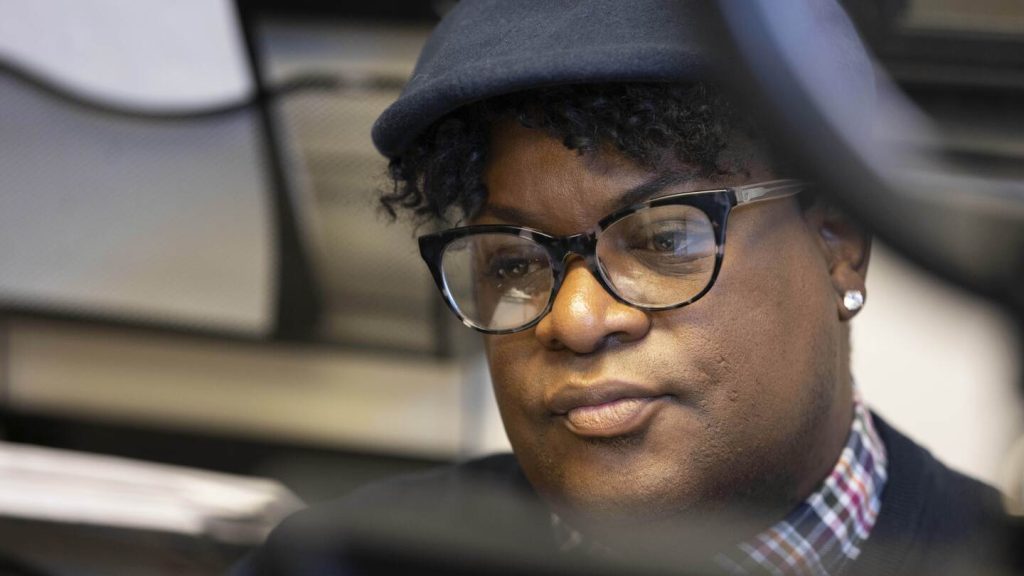Nebraska lawmakers passed a bill to restore the voting rights of felons upon completion of their sentences, including prison and parole time. The bill eliminates the two-year waiting period that was established in 2005, allowing individuals to regain their right to vote immediately after fulfilling all the terms of their conviction. This legislation was introduced by Omaha state Sen. Justin Wayne, who has been advocating for this change for years. The passage of the bill was seen as a significant milestone for those who have been disenfranchised due to felony convictions, allowing them to fully participate in society.
The passage of the bill was a result of years of effort by Senator Wayne, who faced opposition from some Republicans in the Legislature. Supporters of the waiting period argued that it served as a deterrent to committing crimes, but Wayne was able to appeal to the practical sensibilities of lawmakers by showcasing the potential cost savings associated with reducing recidivism rates. By allowing individuals to engage in their community upon release from prison, the likelihood of reoffending decreases, leading to potential savings of millions of dollars. Governor Jim Pillen’s response to the bill remains unclear at this time, as his office did not immediately respond to inquiries regarding signing the legislation into law.
The restoration of voting rights for former felons has been a topic of national interest in recent years, with varying approaches in different states. In Florida, a voter-approved constitutional amendment to restore voting rights was weakened by lawmakers, leading to the arrest of several former felons who were confused about their eligibility to vote. In Tennessee, a bipartisan bill that would have allowed residents convicted of felonies to apply to vote again without restoring their gun rights was killed by lawmakers. However, as of October 2023, 26 states and the District of Columbia had expanded voting rights to individuals with felony convictions, resulting in the restoration of voting rights to over 2 million people, according to The Sentencing Project.
The bill’s passage was celebrated by individuals like TJ King, a Lincoln-based outreach specialist, who was unable to vote in the 2022 general election after completing probation for drug and theft convictions. For King and others in similar situations, the ability to vote represents the final step in being civically engaged and having a full voice in the community. Wayne’s successful advocacy for this legislation marks a significant achievement in his career, particularly as he approaches the end of his second term and is ineligible to run for a third term due to term limits. Despite facing obstacles and opposition in previous attempts, Wayne’s persistence and commitment to restoring voting rights for felons have finally paid off with the passage of this bill.
The implications of this legislation extend beyond Nebraska, as it highlights a broader national conversation on voting rights for individuals with felony convictions. With differing approaches and outcomes in different states, the issue of disenfranchisement for former felons remains a complex and evolving issue. The passage of this bill in Nebraska serves as a beacon of progress towards inclusivity and rehabilitation for individuals who have completed their sentences and are seeking to reintegrate into society. As the debate on voting rights for former felons continues across the country, the example set by Nebraska lawmakers in passing this bill may influence similar efforts in other states to expand access to the ballot box for all citizens, regardless of past convictions.


